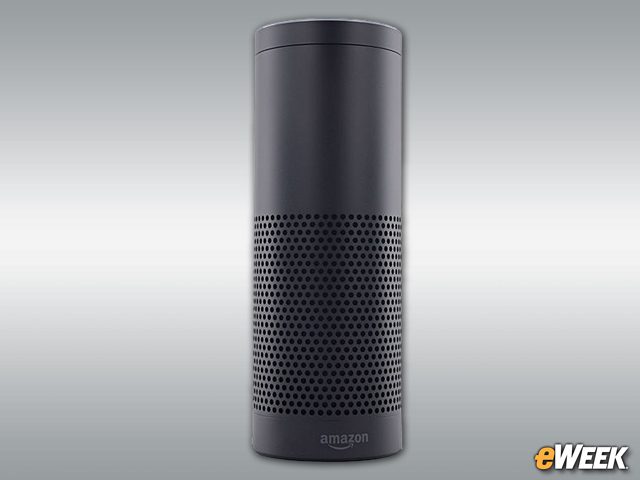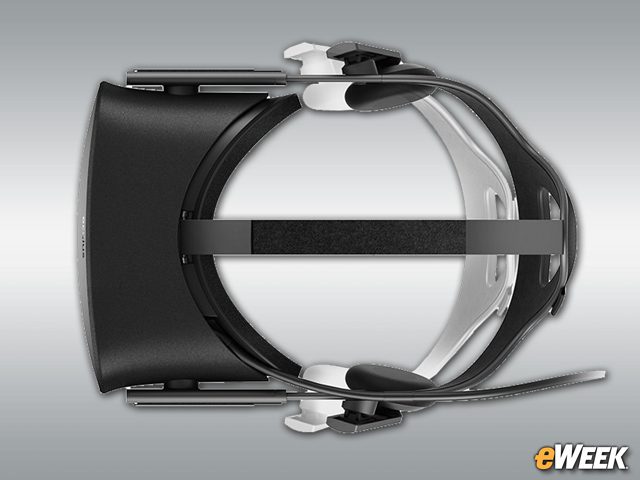eWEEK content and product recommendations are editorially independent. We may make money when you click on links to our partners. Learn More.
110 Devices That Could Pay Off for Google’s New Hardware Division
2Design More High-Quality Android Wear Smartwatches
Market analysts say Apple Watch is leading the smartwatch market. Google can change that by either developing its own high-quality smartwatch or continuing to work with prominent third parties building smartwatches for its Android Wear platform. Smartwatches are expected to gain traction in next few years; having an attractive Android Wear alternative to Apple Watch would be a good move.
3Android-Based Tablets Have a Future
If the Google Pixel C proves anything, it’s that Android-based tablets that can double as notebooks really have a future. To that end, Osterloh should focus his company’s efforts on building upon the Pixel C’s success and deliver a true Google hybrid tablet. Like the Pixel C, such devices could be popular both in corporate and educational settings.
4Build More High-Quality Nexus Smartphones
As in the past, Google will likely have a prominent role in its Nexus device development but rely on others to manufacture the smartphones. But to truly compete with Apple, Huawei and Samsung, among others, Google and Osterloh will need to find the right partners that can deliver the features customers want. Let’s hope for big, curved displays; high-quality designs; and powerful processors.
5Enterprise-Friendly Chromebooks Are Good Idea
In recent weeks, companies such as HP have come along with enterprise-friendly Chromebooks. But that should only be the start. Google and Osterloh need to get more companies investing in enterprise-focused Chromebooks. Google’s Chromebooks have a bright future, and Osterloh needs to ensure it stays that way.
6Why Not Compete With Echo?
It’s no secret that Google wants to have a stronger hand in the smart home market, so why not develop a comprehensive Amazon Echo competitor? After all, Amazon’s smart home appliance delivers all of the features Google can bring to bear, including calendaring, music playback and voice control. By putting its own spin on an Echo competitor, Google might be successful.
7Google’s OnHubs Seem to Be Catching On
Google has partnered with a few companies for its OnHub routers, and most benchmarks suggest they perform quite well. The next step for Google, therefore, is to enhance its efforts in that area. Hopefully, Osterloh can find ways to improve OnHubs by delivering more range and faster speeds, among other features. Google has an opportunity to be among the best router providers in the market. Osterloh should make that happen.
8Compete With Apple TV and Roku With Chromecast
Google has been expanding its Chromecast line for both video and audio. And at least so far, those cheap devices have been popular among customers. Google should expand its presence in the entertainment business by building more Chromecast devices and improving upon those it already offers. Again, Google wants to play a role in the home, and Chromecast is a fine way to help it achieve that goal.
9Follow Through on Project Ara Modular Smartphone
Google hasn’t talked much about its Project Ara modular smartphone of late, but that could soon change. Project Ara was actually built at Motorola, but Google kept it after the company was sold to Lenovo. With Osterloh, who formerly worked at Motorola, now at the helm of Google’s hardware division, there’s a good chance Ara updates will be coming sooner rather than later.
10Where Is Google Glass?
Google Glass has been in hiding for the past year, but Osterloh has reportedly taken that project under his wings. The latest reports suggest that Google Glass will be designed for enterprise use, and there’s a good chance more details will be shared this year. Let’s hope that’s true and that Osterloh’s team gets all of the bugs worked out before it hits the office.
11Don’t Forget Virtual Reality Headsets
Google seems committed to bringing trendy hardware to the market, so Osterloh might want to consider a virtual-reality headset. HTC, Oculus, Samsung and others have already shown off headsets, and reports suggest Apple is even looking at eventually launching one of its own. Why shouldn’t Google follow those companies with an appealing virtual-reality headset?










